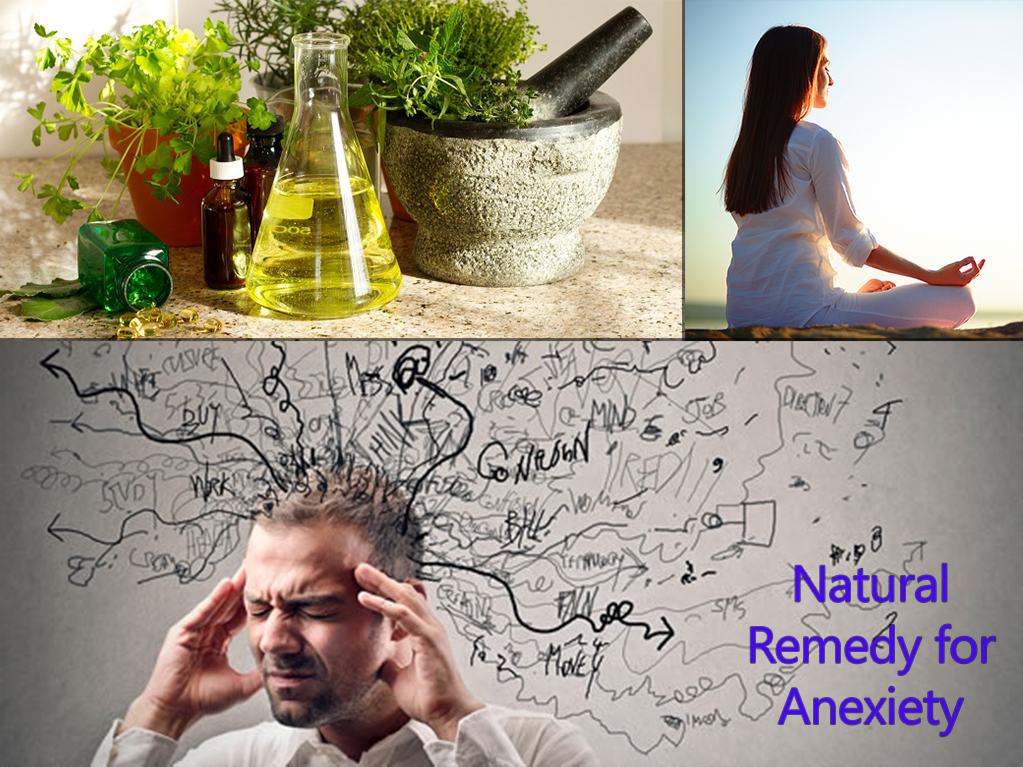How This Helps
Relief from stress and anxiety comes from restoring your body’s natural equilibrium. You can do that through proper nutrition, exercise, and healthy sleep habits. In addition, there are nutrients and botanicals that can work in synergy with lifestyle changes and stress management techniques to effectively optimize the body’s stress response and support healthy neurological communication.
Science and Research
What can I do? If you are suffering from mild to moderate anxiety, it is important to have a working relationship with a provider that can help you choose the best treatment approach. It may be beneficial to you to also work with a functional nutritionist that can incorporate integrative therapies into your treatment. An integrative approach includes evidence-based complementary therapies and health-promoting lifestyle changes.
How to relieve and deal with stress and anxiety
Some nutrients and botanicals that can work in synergy with these lifestyle changes and stress management techniques include:
– Amino acids
Amino acids provide the raw materials needed to ensure proper neurotransmitter synthesis and signaling. The amino acids tryptophan and 5-HPT are precursors to serotonin; the amino acids phenylalanine and tyrosine are precursors to dopamine, which is a precursor to norepinephrine. The amino acid taurine is a precursor to GABA; the amino acid theanine is an antagonist to glutamate. Using amino acids to restore balance may alleviate the symptoms of anxiety.
– Co-factors
Co-factors support the enzymes involved in hormone and neurotransmitter synthesis and metabolism including magnesium, selenium, vitamin C, and B vitamins. Co-factors facilitate the conversion of tryptophan to serotonin in the brain. Magnesium deficiency has been linked to anxiety disorders and has shown effective in easing anxiety. Selenium has also been shown to reduce anxiety.
– Fatty acids
Fish oil supports proper brain function. Fish oil contains the omega-3 fatty acids docosahexaenoic acid (DHA) and eicosapentaenoic acid (EPA). Omega-3 fatty acids have been shown to have numerous health benefits including reducing norepinephrine levels, improving mood, and reducing anxiety.
– Anti-anxiety herbs
St. Johns Wort, Hypericum perforatum, is an aromatic herb found to be similarly effective as standard antidepressant drugs and increase serotonin levels. Valerian, Valeriana officiaonalis, is an herb shown to bind to GABA receptors, increasing the release of GABA and decreasing its re-uptake. Valerian is also shown to have anti-anxiety effects.
– Adaptogenic herbs
Adaptogenic herbs help to increase resistance to stress. Ashwagandha, Withania somnifera, is an herb with anti-inflammatory, antitumor, anti-stress, antioxidant, immunomodulatory, and rejuvenating properties. Rhodiola, Rhodiola rosea, has shown promise in alleviating anxiety disorders.
Rhodiola relieves stress by balancing the body’s stress-response system. It is believed that Rhodiola enhances the body’s immunity to stress by enhancement of serotonin and norepinephrine that are key brain chemicals.
See: Diet & Foods For Depression
See: Functional Medicine For Depression
See: Homeopathy For Depression







